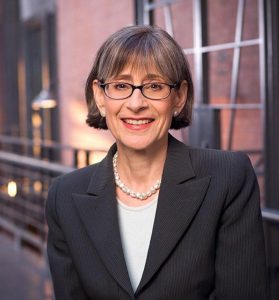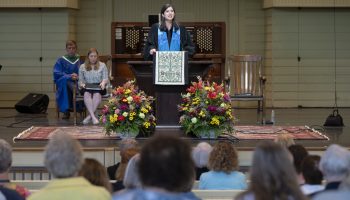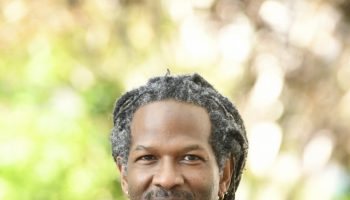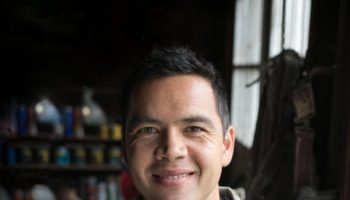In the 1970s, historians began focusing on memory about wars and other historical events, as noted in the book Memory and History: Understanding Memory as Source and Subject. Various aspects of American culture at the time led historians to consider memory studies, like the “duty to remember” the Holocaust and other dark periods of human history.

“Everybody’s in the memory business,” said Sara J. Bloomfield, director of the United States Holocaust Memorial Museum. “Memory can be used constructively, or it can be abused.”
Throughout Week Eight, “The Forgotten: History and Memory in the 21st Century,” Chautauquans will explore what and how societies remember history, what is forgotten and ultimately how to learn from the past.
At 10:45 a.m. Monday, Aug. 13, in the Amphitheater, Bloomfield will deliver the first morning lecture of the week. Bloomfield said she plans to touch on a number of aspects involving “memory in the 21st century.”
Bloomfield has been involved with the Holocaust Museum since it was a developing project in 1986. From there, she has held numerous positions at the museum before becoming director in 1999, and has played a large role in its expansion over the last 18 years.
While the museum’s mission is to raise awareness about the Holocaust, it also works to prevent the spread of hatred and cruel acts against humanity in the future.
“Promoting the dignity of the individual; (the Holocaust Museum) speaks to that issue more powerfully than any other institution in the world,” Bloomfield said in a video published on the museum’s website. “The Holocaust teaches how easily hate can grow and incubate in a community environment.”
Although memory of the Holocaust will be incorporated in her lecture, Bloomfield said it will not be the focus. She will talk about memory more broadly and how we remember various events throughout history.
“I’m talking a lot about what I think are some of the issues related to how we think about memory, such as who is doing the remembering, why and when,” Bloomfield said, “and pointing out that memory always serves a purpose, and that it’s not just about the past. It’s really a reflection of the present and partly implying an aspiration about the future.”
She will also note how complicated human memory is. There are different types of memory, such as individual and collective, and Bloomfield said she will offer some insight into the differences between the two.
“When I get to collective memory and national memory, I talk a lot about the Civil War in the United States,” Bloomfield said. “I (will also) talk about how memory of World War I shaped not only the Nazi movement, but the response of the British and the French.”
Memory is a powerful tool that humans possess, according to Bloomfield. Individuals, different communities and families all utilize it for “ordering the world.”
“Once you understand the power of memory, it helps make sure that you’re using memory in a constructive way,” Bloomfield said.




